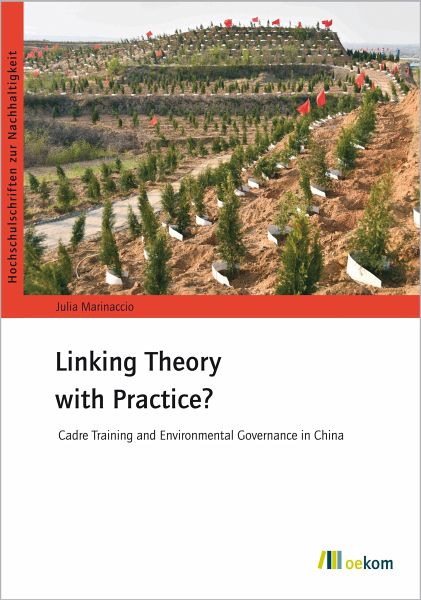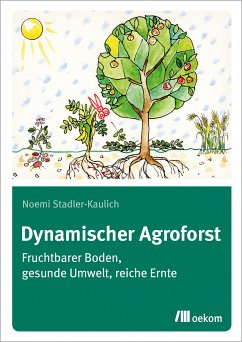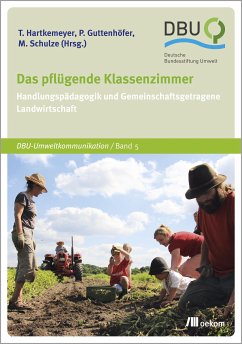
Linking Theory with Practice? (eBook, PDF)
Cadre Training and Environmental Governance in China
Versandkostenfrei!
Sofort per Download lieferbar
Statt: 29,00 €**
22,99 €
inkl. MwSt. und vom Verlag festgesetzt.
**Preis der gedruckten Ausgabe (Broschiertes Buch)
Alle Infos zum eBook verschenken

PAYBACK Punkte
0 °P sammeln!
In the early 2000s, the Chinese leadership officially acknowledged that the former development model, based on irrational economic growth, had brought prosperity for a few, while leaving behind a significant proportion of China's population. But the country's rapid development had also taken a huge toll on natural resources and the environment. Since then, China's leaders have pushed extensive reforms to move the country onto a sustainable path of development. While most studies have looked into the diverse hierarchical instruments of regulation, supervision, and punishment, few have recognize...
In the early 2000s, the Chinese leadership officially acknowledged that the former development model, based on irrational economic growth, had brought prosperity for a few, while leaving behind a significant proportion of China's population. But the country's rapid development had also taken a huge toll on natural resources and the environment. Since then, China's leaders have pushed extensive reforms to move the country onto a sustainable path of development. While most studies have looked into the diverse hierarchical instruments of regulation, supervision, and punishment, few have recognized cadre training as a critical instrument to steer local political action and expedite a change of values at the party-state level. This book unpicks the complex and multi-layered structures of China's cadre training system, offering a new perspective on its function within the nation's political system. Taking forest management as its case study, the book reveals how the Chinese regime links ideology and practice in knowledge transmission and how training is devised to put technical professional skills into the service of political goals and visions. Based on a comprehensive set of qualitative data collected through fieldwork and textual research, the book also reveals the drawbacks of this training system, showing why it fails to foster the administrative capacities of local forestry authorities in responding to the current challenges facing natural resource management.
Dieser Download kann aus rechtlichen Gründen nur mit Rechnungsadresse in A, D, I, L ausgeliefert werden.













